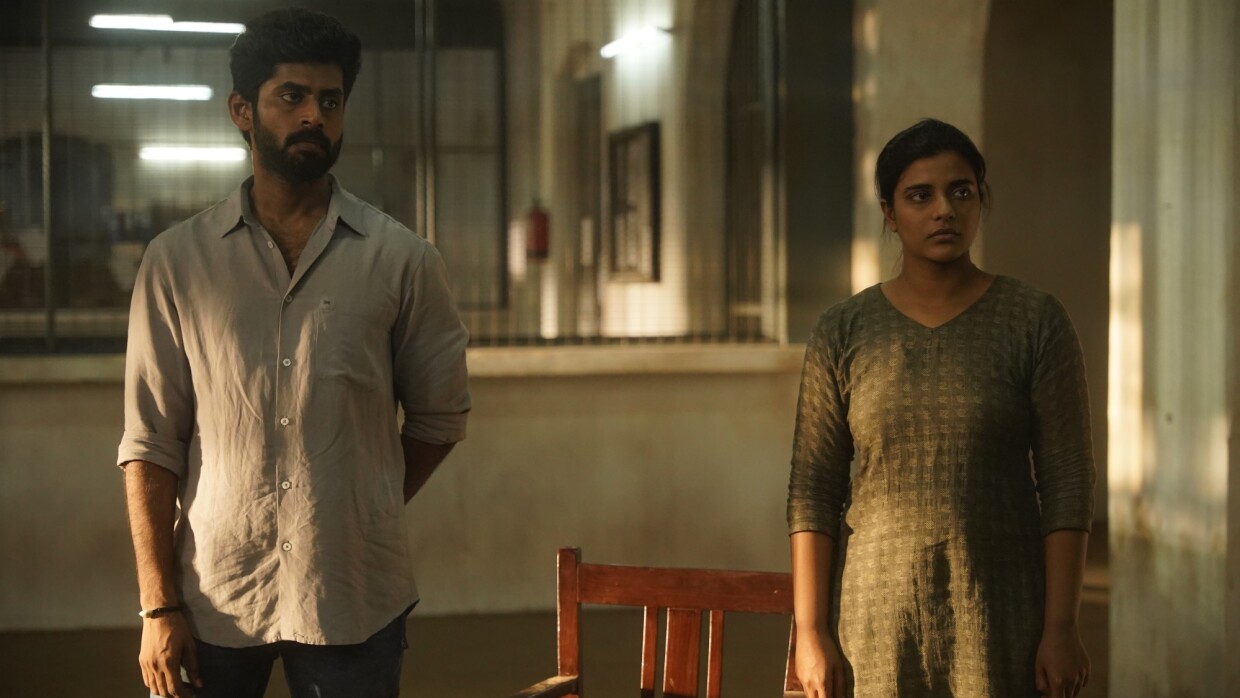Suzhal—The Vortex season 2 plays a lot of mind games with the viewer. In a nice and intriguing way, though. As in Season 1, the cards keep flipping in every other episode (a total of eight), making you look at what happened and what might happen in a whole new light. Show creators, writers, and producers, Pushkar-Gayatri infuse the storyline with a certain mannvasanai (scent of the soil). The immense amount of research into native cultural practices and native deities helps draw you in and makes you look at them with new understanding.
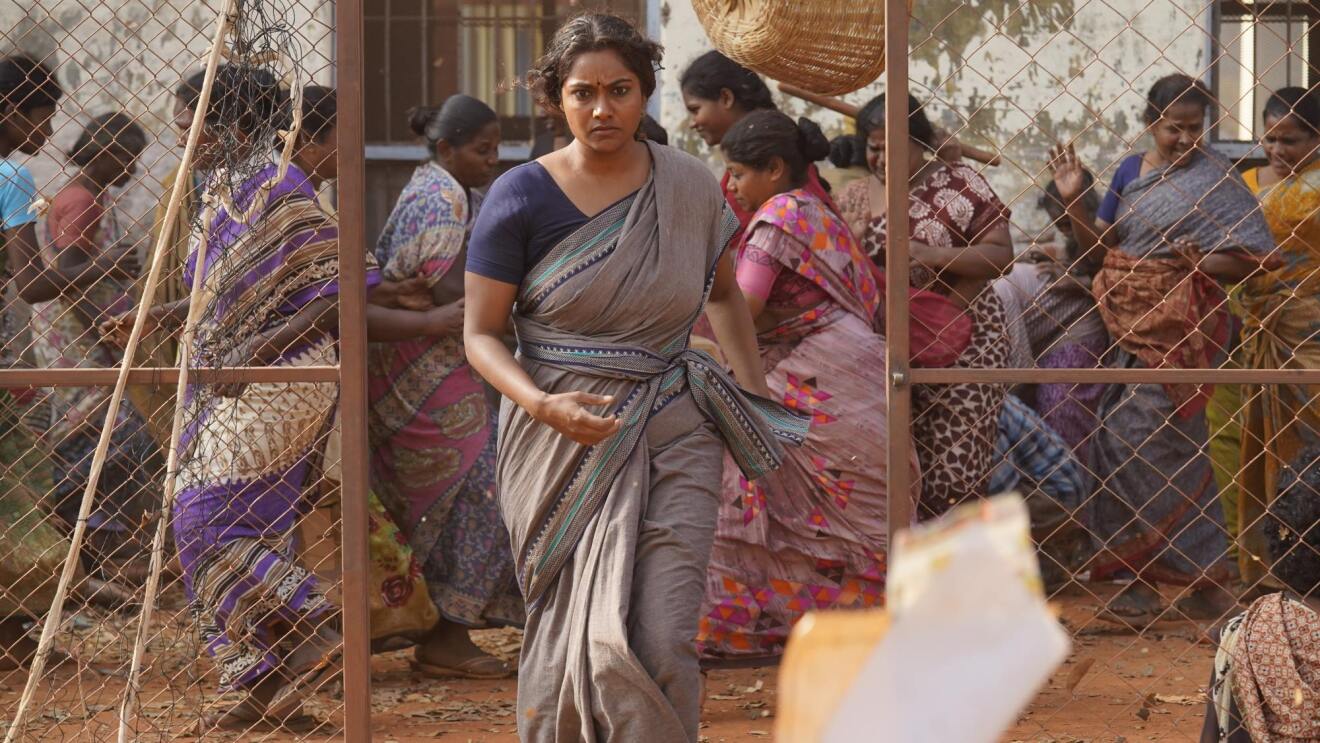
What’s the plot of Suzhal—The Vortex Season 2?
The second season picks up from the climax of season one, with Nandini (an effective Aishwarya Rajesh) staring at an uncertain future in prison for the murder of her sister’s abuser and killer, and Sub-inspector Chakravarthy or Sakkarai (a determined Kathir), her friend, follows her defense case as he reaches the village of the advocate Chellappa (an utterly majestic yet dignified Lal) Every night she wakes up to a nightmare that never seems to stop. The guilt of having taken a life, even if he was evil, continues to haunt her. Chellappa has mounted a strong defense as he pleads her case, but is suddenly found dead.
Tasked to investigate the murder, Sakkarai, who considers Chellappa a father-figure, is broken but gets about doing the job, assisted by sub-inspector Murthy (Saravanan), who has had a past spat with the advocate. Even as the team is debating if this is a suicide or a murder, they arrest a suspect, but seven others go to various police stations, confessing to the same crime. Are the people who plead guilty to the crime really guilty or is the culprit someone else altogether? As Sakkarai says, “Anybody is capable of great evil.”
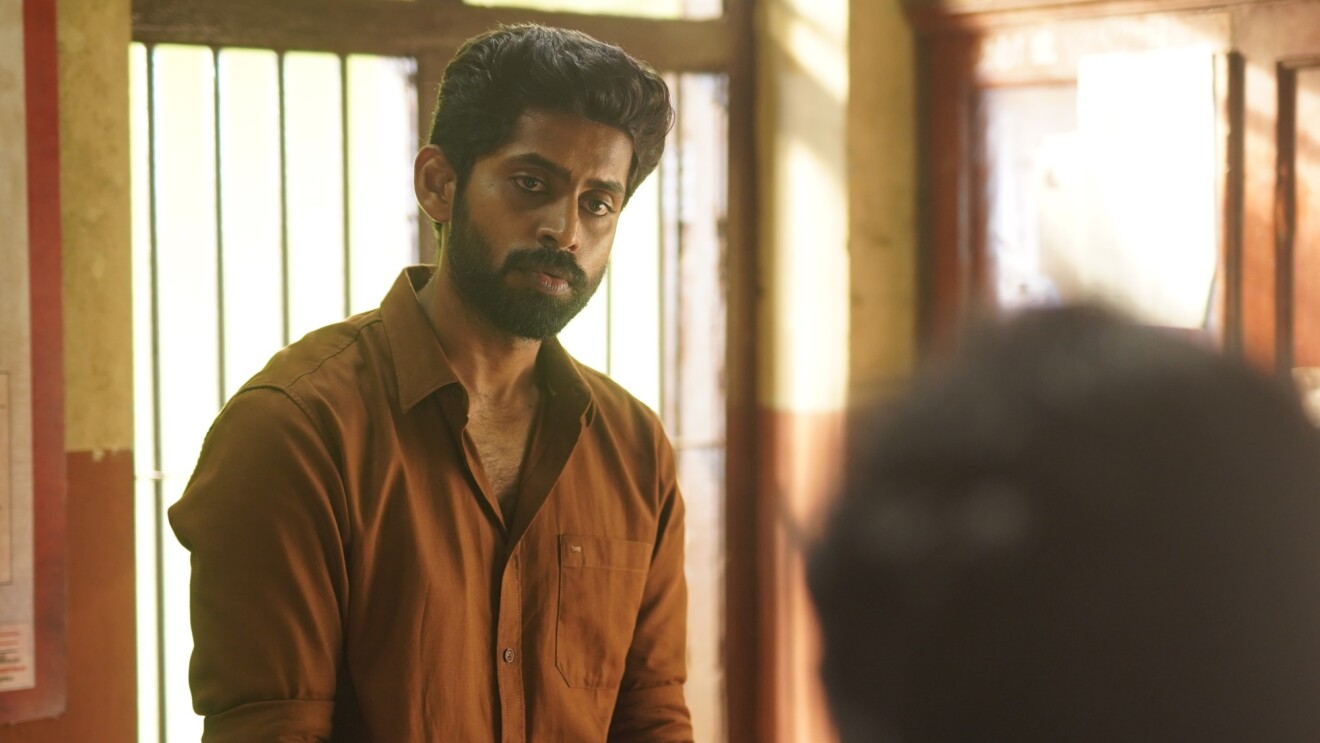
A series that respects the audience’s intelligence
In Season 2 too, the background is abuse, but of a different kind. This one’s just as chilling, but the camera (Abraham Joseph) is empathetic, and the scenes are lit and framed in a way that the message comes across without any voyeurism. The audience's intelligence is respected.
Water is an important motif in Suzhal as the series is set against the backdrop of the annual Ashtakaali festival held in the fictional seaside village of Kaalipattanam with a lighthouse, and a castle/bungalow with a trap door, very reminiscent of Enid Blyton’s world. But the happenings here are not quite as innocent.
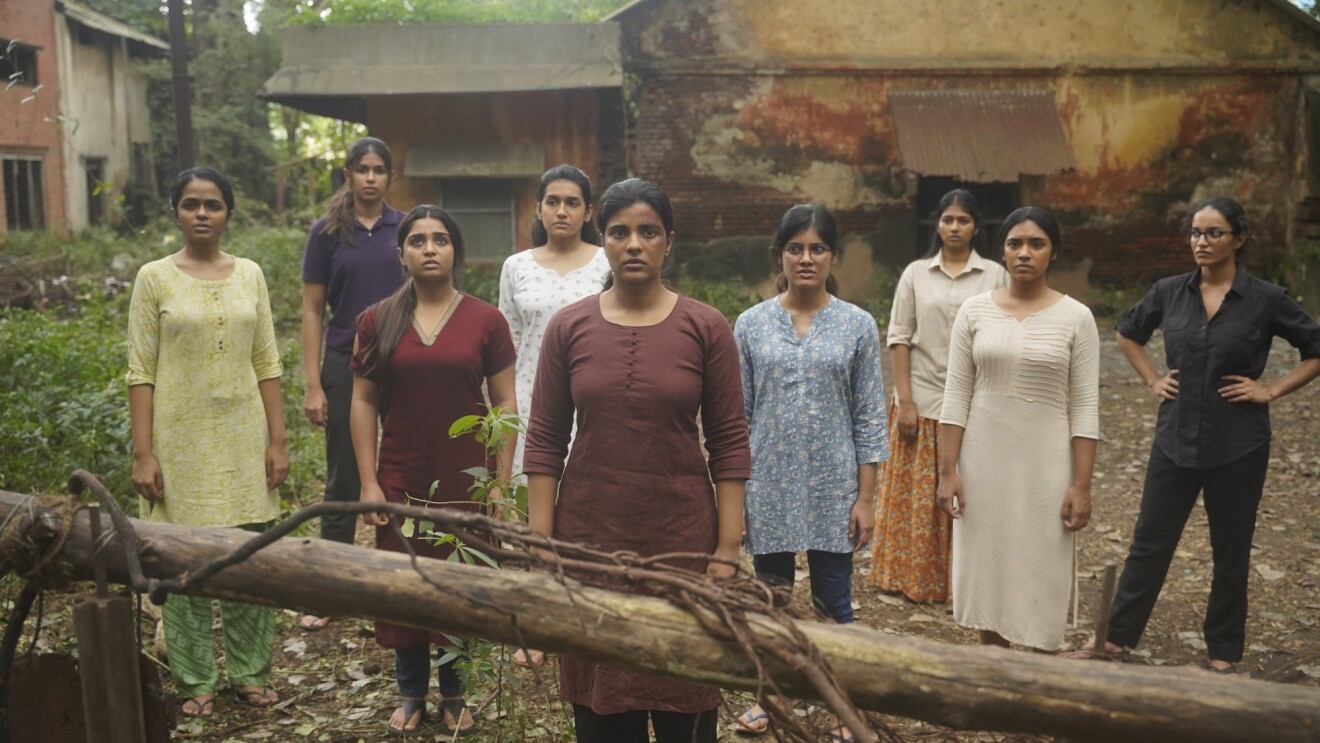
Directors’ cut
The series is directed by Bramma (five episodes), who returns from season one, and Sarjun KM (three episodes). Both are directors with a creditable body of work, and both lend distinct touches in how they treat the scenes and the music that accompanies it. If Bramma opts for pulsating drama, where every minute races forward, Sarjun’s episodes make you ponder, and wonder how you’re going to process all the information given to you.
Richard Kevin edits the series seamlessly, helping you navigate the past and the present, and the various sub-plots with ease.
The second season also removes the romance-tinted lens of looking at a women’s prison — nothing is in order, violence is at every corner, and no one is really safe. Yet you forge bonds with people who will become ‘your’ family. Nandini finds her person too.
The people dressed as gods and demons and goddesses for the Ashtakaali Thiruvizha (The festival of the eight Kaalis) are no longer just that — you realise they take on those roles for a purpose one might not altogether understand. As one of the characters says — after they vanquish the demon and immerse themselves in the water and wash off the paint, they become new people, having shed their arrogance, anger, and guilt for any sin committed.
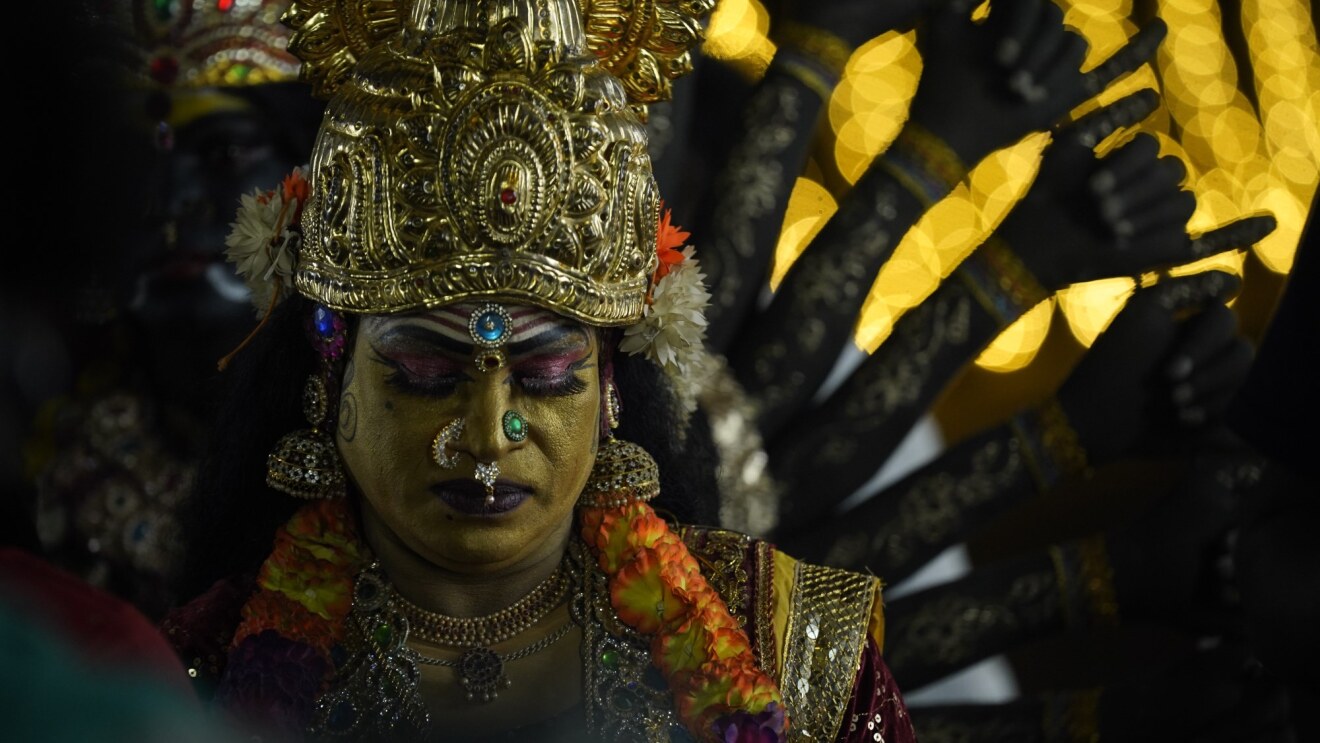
A heavy layer of local folklore
Pushkar-Gayatri are known for their writing and direction (previous works include Va-Quarter Cutting and Vikram Vedha). In this season, the parallel stories eventually add up, and you are forced to rethink all that you processed with what you saw previously.
The series intriguingly works around these plot points, and buttresses them with a heavy layer of local folklore — the humans who took on the forms of gods, because of their behaviour. This is something Chellappa references as a quote on his office wall: “The only thing needed for evil to triumph is for the good to do nothing.” Naagamma (a brilliant Manjima Mohan) is one such character: selfless, giving, and never tempted to do the wrong thing.
In Pushkar-Gayatri’s creations, the line between the good and the bad is always blurred, and with reason — no one knows how one will turn, when pushed. But, in Suzhal, they also create characters who are ramrod straight, who learn to set aside emotion and look at the missing 10 per cent of a puzzle. There are characters that forgive each other for a transgression, another who holds a grudge, and unfairly so, and a third who is willing to give up his inheritance and name, because he sees that the family is happy and it is not right to disturb things. Most people tap into their inner goodness to help, even if in a small way.
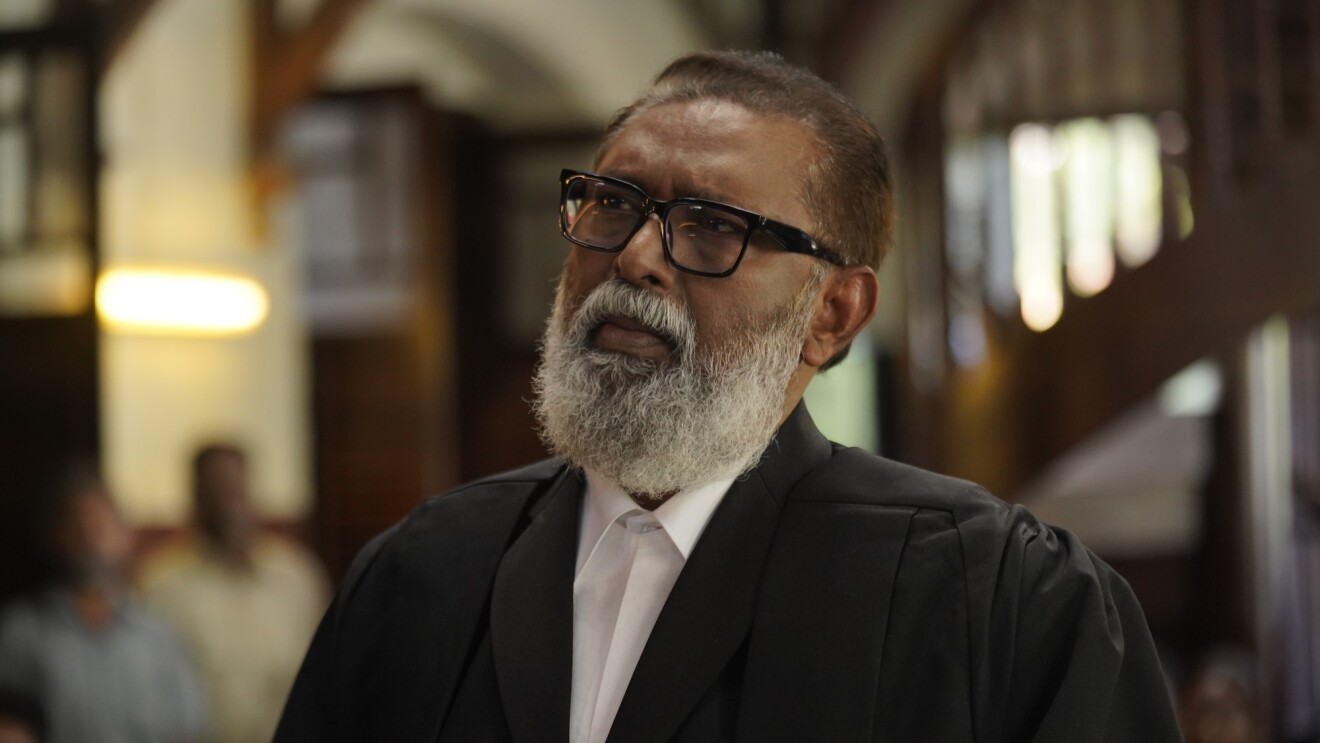
Leaves you at the edge of your seat
Credit to Suzhal for giving the kind of space and character arcs that Kathir and Aishwarya Rajesh rightfully deserve in front of the camera. Few directors tap into their prodigious talent — they have faces where minute expressions do a fleeting dance. Lal is a gift from the Malayalam film industry that the Tamil industry has put to fantastic use—his Chellappa is the beating heart of the series.

Suzhal has its fair share of soundtracks, set to great music by Sam CS, another criminally underrated composer. His background score does enough to leave you at the edge of your seat or sit back and soak it all in. The Naga Kanni song is rousing and picturised beautifully, as the eight goddesses born from eggs given to a snake goddess get together to vanquish evil.
Most of all, Suzhal—The Vortex Season 2 tells you that the kindest/safest looking people are capable of great malice, but that does not mean you stop trusting — you live, but with caution.



